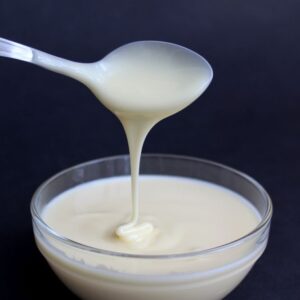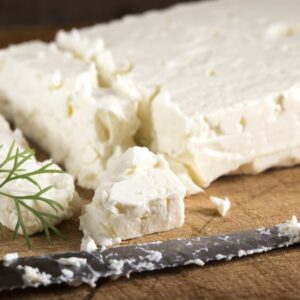know a few Substitutes for Lemon Juice This is practical when you don’t have fresh lemons and need to give a dish the same tartness.
This article describes ten of the best lemon juice substitutes to use in a pinch that are just as delicious.
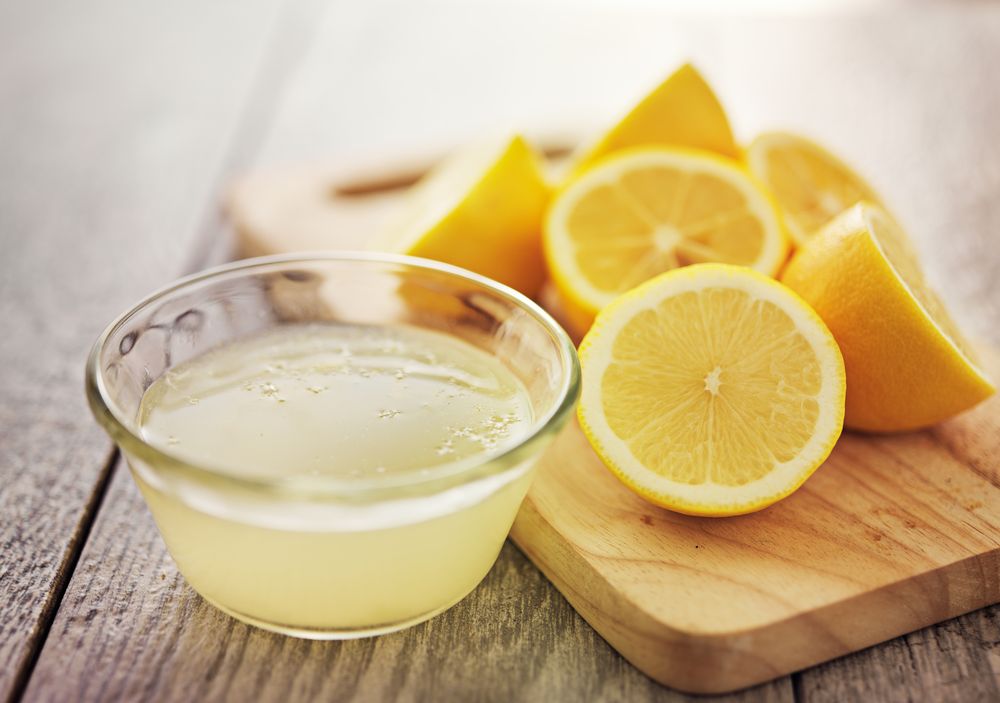
Lemonade is a sour drink with citrus sourness, which is made by squeezing fresh, ripe lemons. This liquid is versatile as it flavors water, tea, cocktails, cakes, marinades and sauces. Plus, lemon juice tenderizes meat, enhances the flavor of cooked seafood, adds flavor to salad dressings, adds dimension to baked pies, and balances the sweetness of overly sweet desserts. A lemon juice substitute should have at least some of these qualities.
Lemons have a pH of about 2, which is why lemon juice acts as a natural preservative for fruits like apples and avocados. For example, sprinkling lemon juice on a slice of apple or half an avocado slows down their oxidation, so the fruit stays fresher for longer. If you want a natural fruit preservative, the lemon substitute should have a similar pH.
Due to a natural compound called limonin, citrus juice becomes more bitter the longer it sits. Use fresh-squeezed citrus in place of lemon juice unless you like bitterness.
The best substitutes for lemon juice are lemon zest, lime juice, lemon oil, lemon extract, orange juice, citric acid powder, white vinegar, dry white wine, white wine vinegar, and lemon verbena leaves. View helpful information about these ingredients:
1. Lemon zest
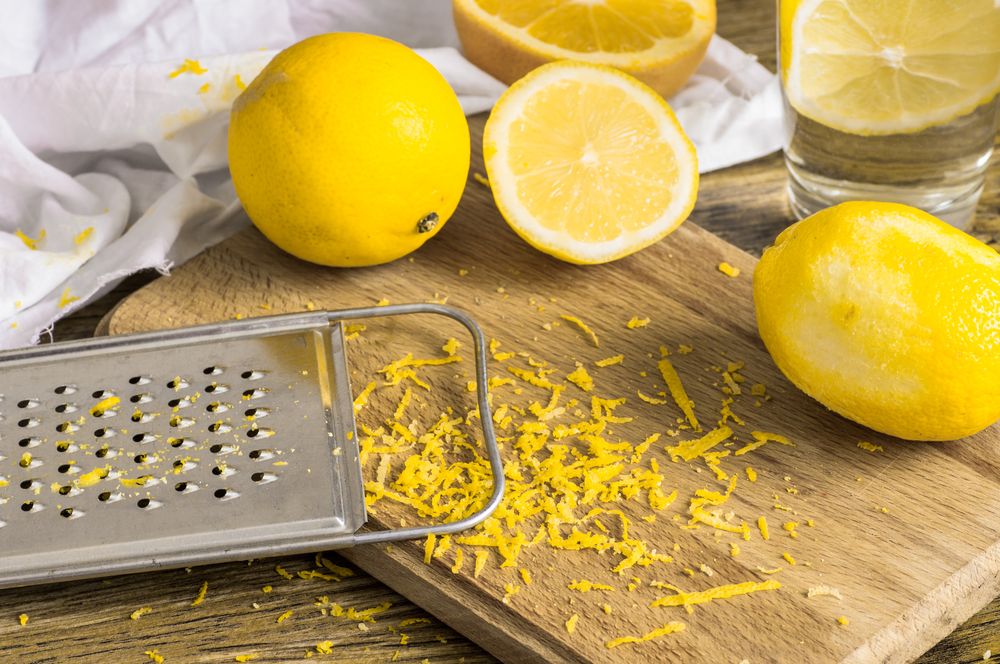
Lemon zest is the best thing next to lemon juice because it comes from the same fruit and doesn’t need to be processed. is also called FlavedoLemon zest is the outermost rind of a lemon and can be easily scraped off with a grater to add to your dishes.
Lemon zest doesn’t have the same tartness and acidity compared to lemon juice, but it still adds a tangy citrus flavor thanks to its natural oils. Use lemon zest in any form, whether fresh, dried, baked or frozen, in place of lemon juice. For example, add grated lemon zest to cakes, pies, sauces, marinades, salad dressings, and cocktails.
When using lemon zest instead of lemon juice, apply in a 1:2 ratio. For example, use ½ tablespoon lemon zest for 1 tablespoon lemon juice. In baking, lemon zest may change consistency, so it’s best to mix ½ tablespoon lemon zest with ½ tablespoon water instead of 1 tablespoon lemon juice to maintain moisture and texture in baked goods. As a measure, keep in mind that one medium lemon yields 1 tablespoon of zest.
2. Lime juice
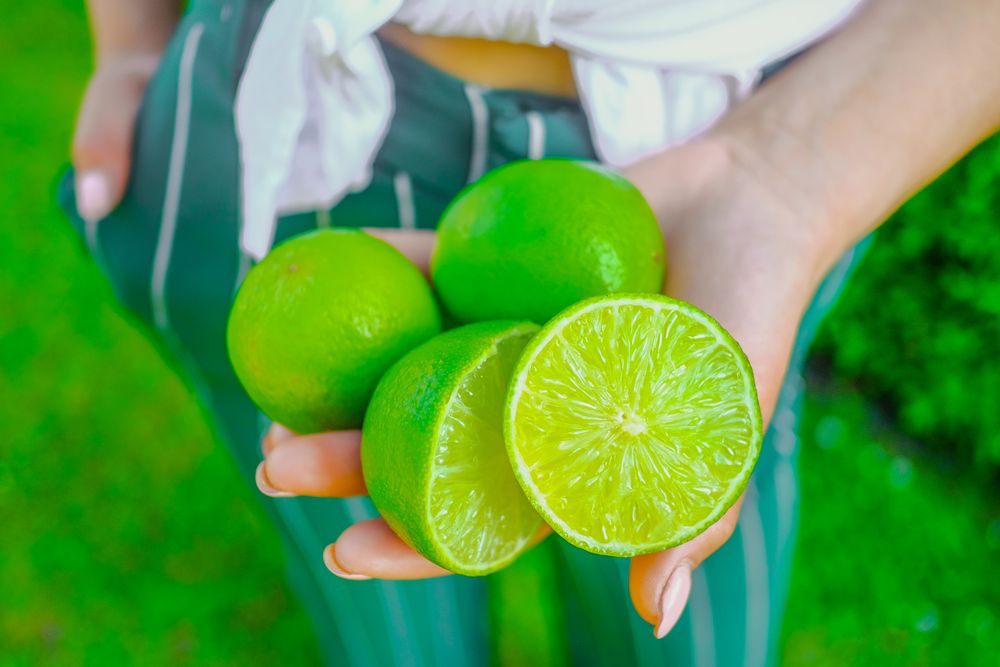
Lime juice is an excellent substitute for lemon juice, thanks to its acidity and tangy sweetness. Lime juice is slightly bitter compared to lemon juice, so the resulting dish will taste different. Another method works too, as lemon juice is a great substitute for lime juice.
Use lime juice in many recipes that call for it, such as in margaritas, fruit salad dressing, iced tea, marinades, guacamole, fish tacos, or ceviche. Lime juice has a pH of 2-3, similar to lemon juice, which is why it acts as a natural fruit preservative.
To master this ingredient, buy lime juice or make it at home by squeezing a lime. However, keep in mind that store-bought lime juice contains sulfites, which can trigger asthma attacks.
When substituting lime juice for lemon juice, use a 1:1 ratio. For example, replace 1 tablespoon of lemon juice with 1 tablespoon of lime juice.
3. Lemon Oil
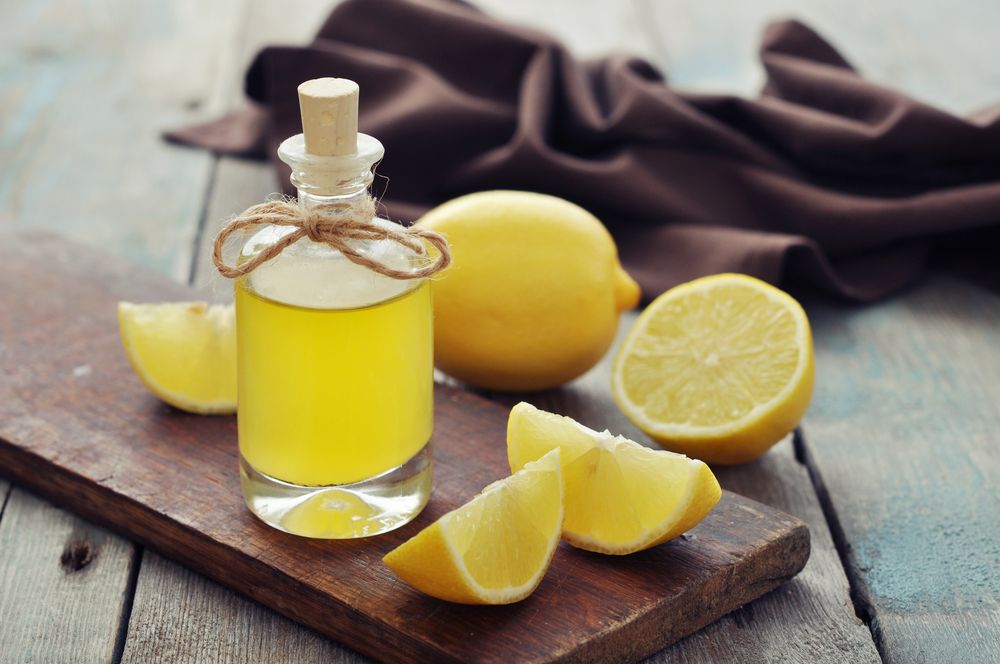
Lemon oil is an excellent substitute for lemon juice, thanks to its tangy, tangy citrus flavor, which adds bright flavor to foods. This oil is an essential oil extracted from the fruit of lemon.
Use lemon oil instead of lemon juice in sweet and savory dishes like seafood, salad dressings, marinades, and desserts. Only a few drops are needed, as lemon oil is very potent. To cook with lemon oil, add a few drops to dishes while cooking. The oil heats up and releases its flavor, adding brilliance to your food. Lemon oil can also be used as a finishing oil, so drizzle it over food before serving.
Pure lemon oil can be purchased or made at home. To make homemade lemon oil, mix equal parts lemon juice and olive oil, pour the resulting oil into a bottle, and store in a dark place. Store-bought lemon oil will keep for 1-2 years, while homemade lemon oil will only last a few weeks in the refrigerator.
When substituting lemon oil for lemon juice, use 1 drop of lemon oil for 1 teaspoon of lemon juice.
4. Lemon Extract
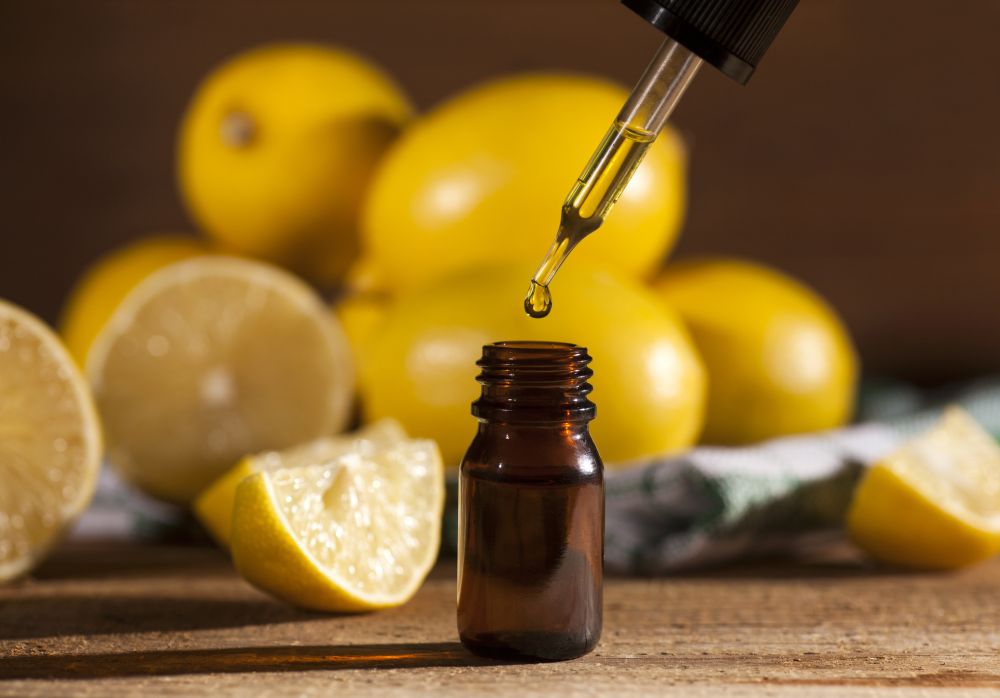
Lemon extract is a great alternative to lemon juice, thanks to its tart aroma. This extract is a clear, yellowish, viscous liquid made from lemon peel steeped in alcohol.
Use lemon extract in many baking recipes that call for lemon juice, such as muffins, pound cakes, frostings, waffles, custards, and mousses.
You can buy lemon extract or make your own, depending on your preference. Store-bought pure lemon extract is made from lemon oil and alcohol. To prepare homemade lemon extract, soak lemon peel in neutral alcohol like vodka for 5-6 weeks. Both store-bought and homemade lemon extract will keep for up to 3-4 years.
When using lemon extract instead of lemon juice, apply a 1:2 ratio. For example, use ½ tablespoon lemon extract for 1 tablespoon lemon juice.
5. Orange juice
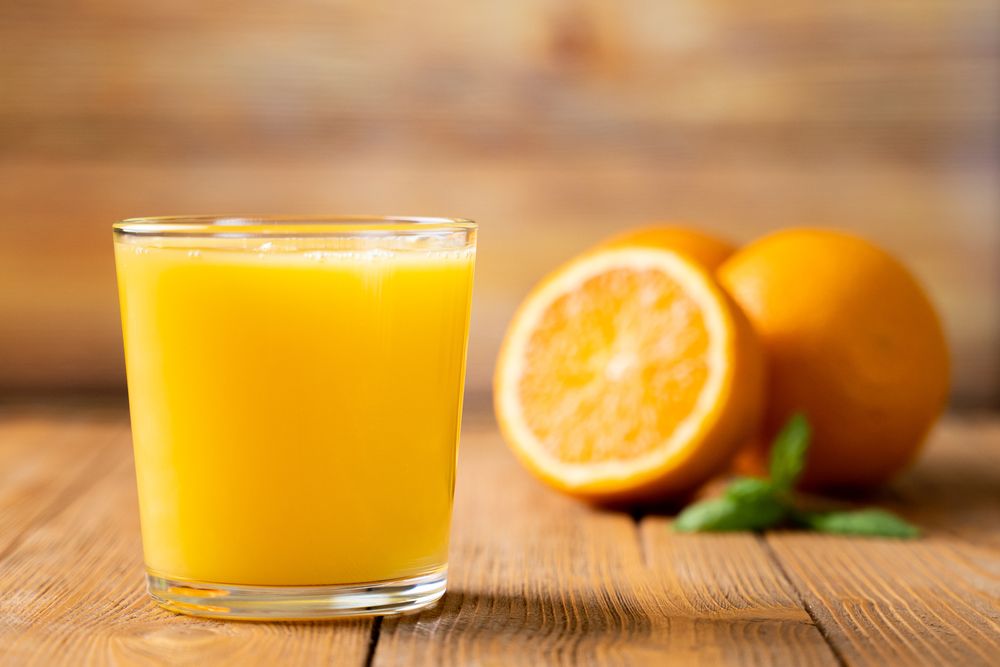
Orange juice is a great substitute for lemon juice as it has a similar sour taste. But the orange juice is a bit sweet, so reduce the amount of sugar in the recipe.
Use orange juice in most recipes that call for it, such as fish or chicken marinades, salad dressings, vinaigrettes, ham glazes, and sauces.
When substituting orange juice for lemon juice, use a 1:1 ratio. For example, replace 1 tablespoon of lemon juice with 1 tablespoon of orange juice.
6. Citric acid powder
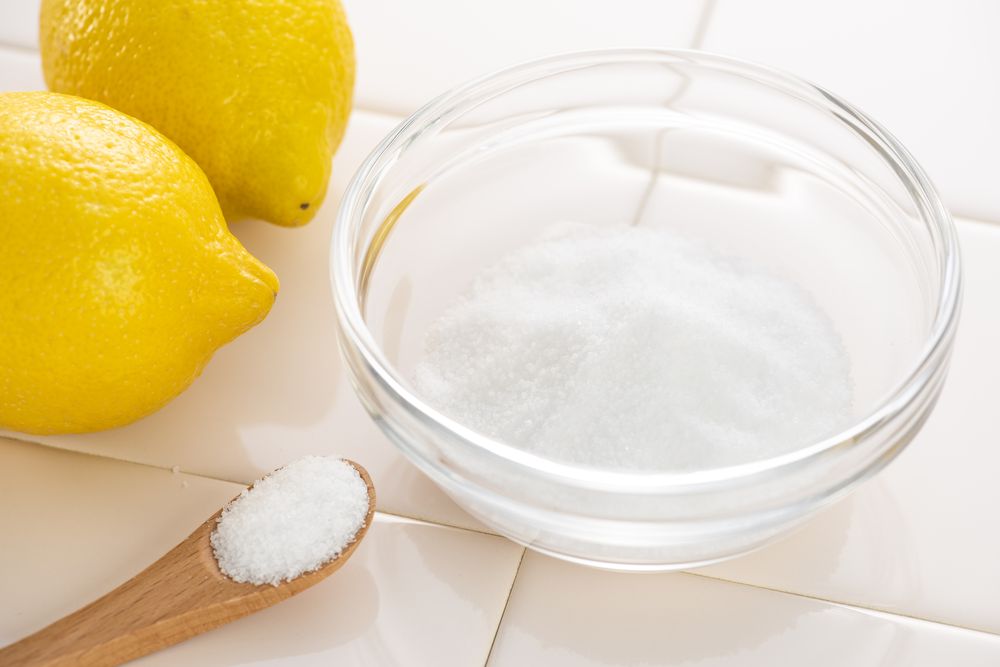
Citric acid powder is a great substitute for lemon juice when you don’t have access to fresh fruit. is also called salt Due to its close resemblance to salt, citric acid powder is white, odorless, crystalline, water soluble and acidic with a pH of 3-6.
You can buy powdered citric acid and use it in place of lemon juice to preserve tomatoes, preserves, prevent fruit and vegetables from browning, and curd milk to make buttermilk. The powder adds citrus sourness to teas, cocktails, curries, salad dressings, marinades, poultry dishes and rabbit.
When using powdered citric acid instead of lemon juice, add 1 teaspoon of powdered citric acid for every ½ cup of lemon juice. The powder itself does not add moisture to baked goods, so mix it with water or another liquid.
7. White vinegar
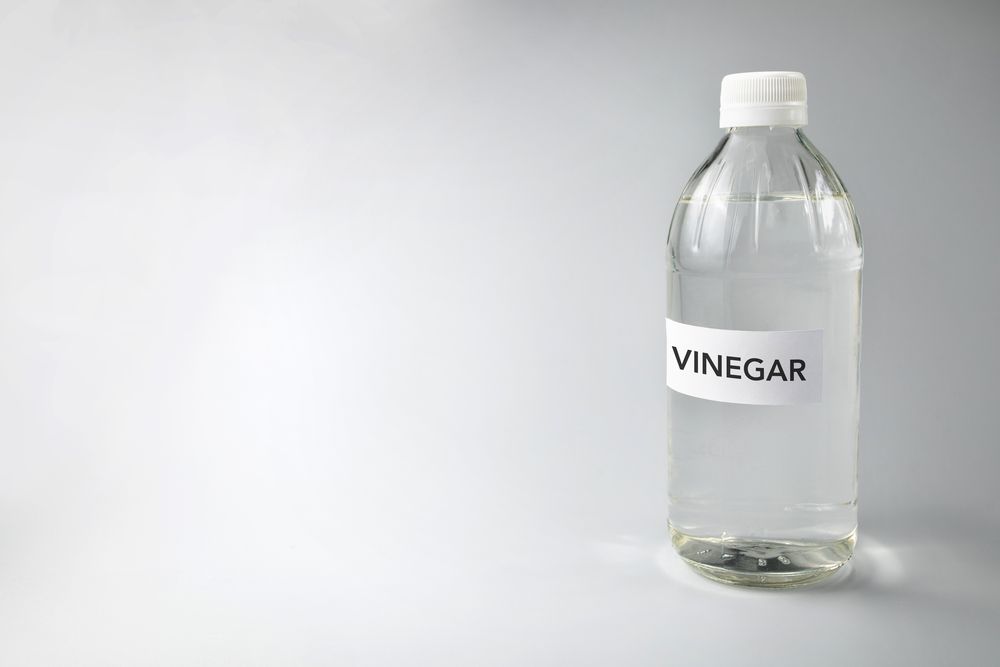
White vinegar is a good substitute for lemon juice in recipes where lemon is not the dominant flavor。 Otherwise, the pungent smell and taste of white vinegar can confuse the flavor and aroma of dishes.
White vinegar has a pH of 2-3, so use it in place of lemon juice in recipes that call for the same acidity, such as salad dressings, dips, vinaigrettes, soups, stews, and chicken or fish marinades. Plus, white vinegar acts as a preservative.
When substituting white vinegar for lemon juice, apply in a 1:2 ratio. For example, use ½ tablespoon white vinegar for 1 tablespoon lemon juice.
8. Dry white wine

Dry white wine is a good substitute for lemon juice, and because of its alcohol content, it can add flavor and depth to food without being overpowering with other flavors. This works both ways, as lemon juice is a good substitute for white wine in cooking.
Dry white wines have two key qualities. First, its rich flavor can withstand the high heat of cooking. Second, the wine doesn’t have much sweetness or fruitiness that would otherwise be lost during cooking.
Since dry white wine has a pH of 3.0-3.4, use dry white wine instead of lemon juice in dishes that call for milder acidity. For example, use dry white wine to make a sauce for chicken salad or pork chops.
When replacing lemon juice with dry white wine, use a ratio of 1:2. For example, use ½ tablespoon of dry white wine for 1 tablespoon of lemon juice.
9. White wine vinegar
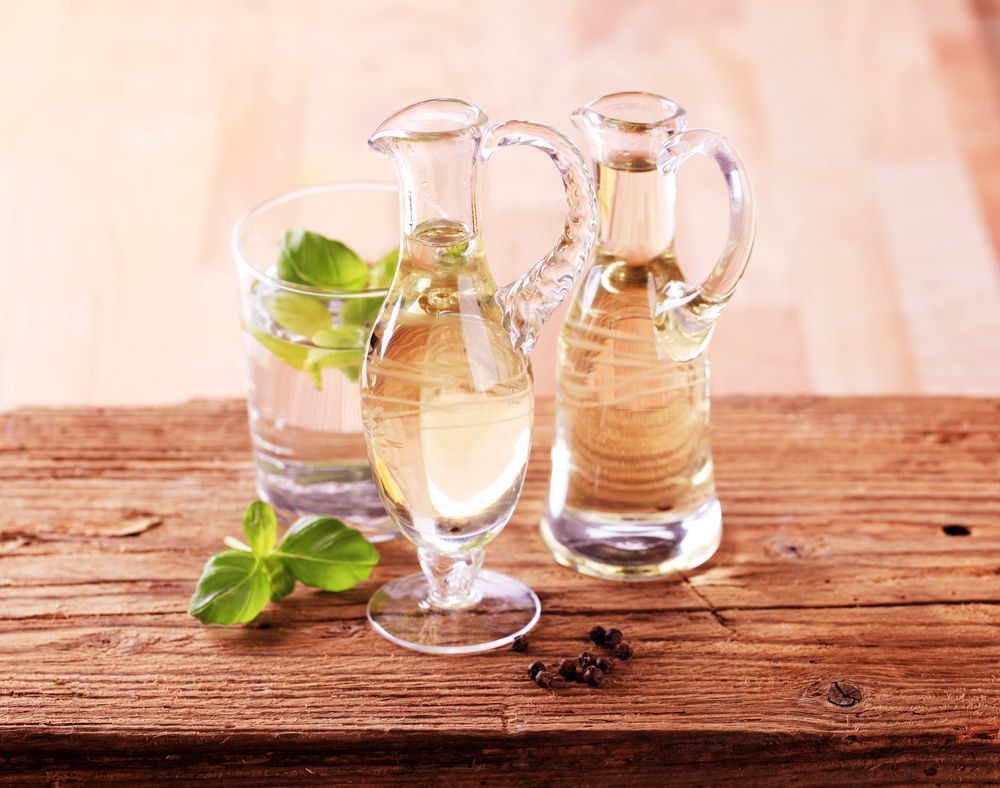
White wine vinegar is second only to dry white wine when it comes to replacing lemon juice in cooking。 This vinegar has the same full-bodied flavor as dry white wine, but lacks alcohol and strong acidity. White wine vinegar has a pH of 2.6-2.8, which is closer to lemon juice.
Use white wine vinegar instead of lemon juice in liquid dishes like salad dressings, marinades, and sauces.
When substituting white wine vinegar for lemon juice, use a 1:2 ratio. For example, use ½ tablespoon vinegar for 1 tablespoon lemon juice.
10. Lemon Verbena Leaves
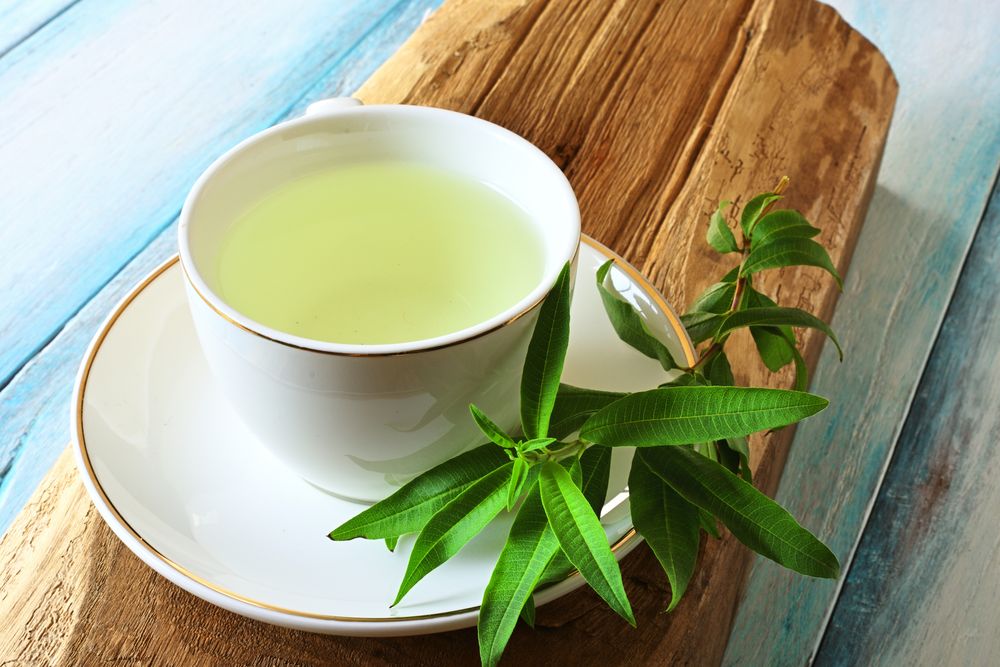
Lemon verbena leaves are a great substitute for lemon juice when you’ve run out of other options.The leaves are a sweet herb with a lemon scent that grows on Lemon Verbena shrub. Lemon verbena leaves have a milder flavor and less acidity than lemon juice.
Use lemon verbena leaves instead of lemon juice in mild lemon flavored ice cream, olive oil salad dressing, citrus flavored candies or jams, fish or chicken marinades, or tea.
When using lemon verbena instead of lemon juice, start with a pinch of leaves, taste and adjust as needed.
common problem
Discover more useful information about lemon juice.
Is lemon juice good for you?
Yes, lemon juice has many health benefits. For example, lemon juice is a rich source of vitamin C, as one lemon contains 50 mg of vitamin C, which is more than half the recommended amount for a healthy daily lifestyle. Vitamin C is known to boost immunity, promote heart health and reduce the risk of stroke. Lemon juice is also rich in dietary fiber, which can lower LDL to improve heart health.
How much juice is in one lemon?
it depends on the size of the lemon. For example, 4 oz. Lemon has 3 Tbsp juice, 5 oz lemon has 4 Tbsp juice, 6 oz. A lemon has 5 tablespoons of juice.
Is Lemon Juice Harmful?
Yes, lemon juice can be dangerous when taken regularly and in large quantities. The acid in lemon juice can erode the enamel on your teeth. You’re also at risk for gastroesophageal reflux disease (GERD), which can cause nausea, vomiting, and heartburn.
epilogue
There are many substitutes for lemon juice, and the best one depends on what you need it for. If you’re looking for a sour taste, try lime juice or white vinegar. If acidity is needed for cooking, dry white wine or white wine vinegar can be used. If you’re making a drink that needs a bitter taste, grapefruit juice is a good choice.
What’s your favorite lemon juice substitute? Let us know in the comments below!

